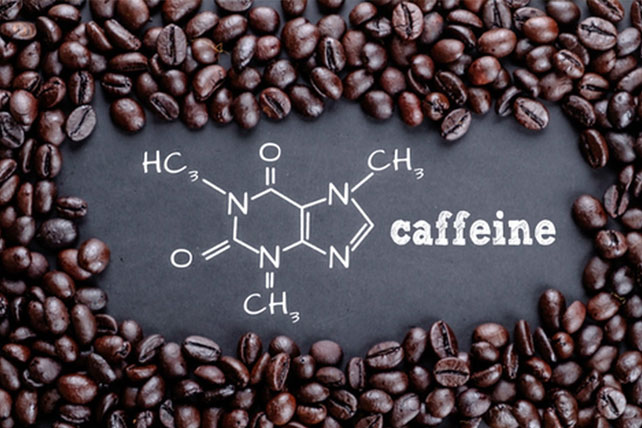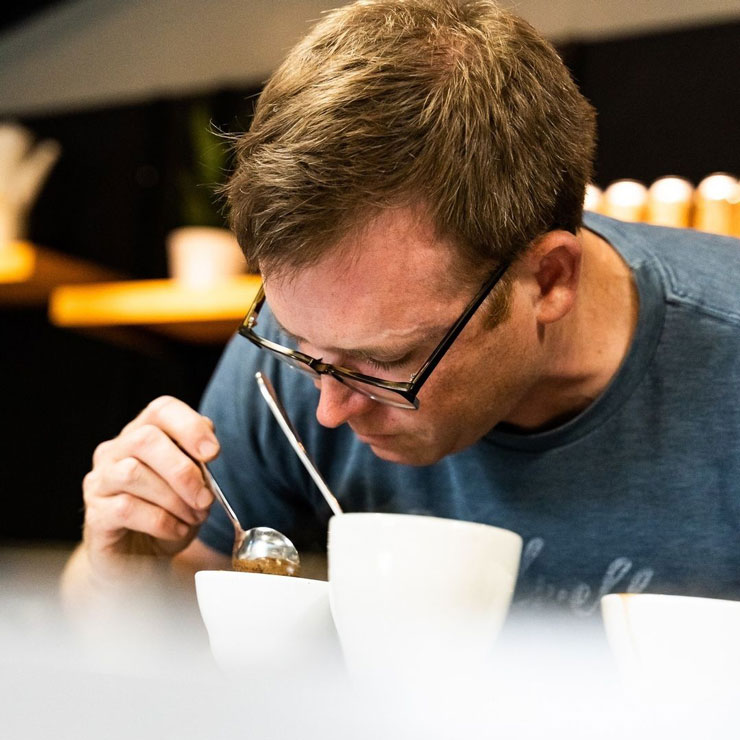
While some of us crave a cup of coffee as soon as we wake up, others don't feel the need for a caffeine fix. It turns out that our coffee drinking behaviors may be built-in and depend in large part on genetics.
Over the last decade, researchers have identified at least eight genetic markers that are linked to coffee consumption. Known as single nucleotide polymorphisms or SNPs, they affect how we metabolize caffeine and perceive bitter tastes. We all have these genes, but if you've inherited variants, they can influence how much caffeine you reach for each day.

Six of the genes are related to how the body metabolizes caffeine. A gene called CYP1A2, for example, produces a liver enzyme that breaks down caffeine. If you have the high metabolizing variant, the caffeine doesn't stay in your body for long. As a result, you don't feel as stimulated and may feel like you need another cup of java.
On the other hand, if you've got the slow-metabolizing variant, the caffeine remains in your bloodstream longer. People with this genetic variant can also be more sensitive to its effects, experiencing jitteriness, insomnia and an upset stomach.

Other genes control the release of neurotransmitters such as serotonin. While more research is needed, these appear to be linked to feelings of happiness and pleasure when consuming caffeine.
So how much more coffee is gulped down by people with these genetic markers? Someone with one genetic variant consumes on average about a quarter of a cup more coffee per day compared to a person who doesn't have any of the variants. A person with all eight genetic variants may find it adds up to an extra one or two cups per day.

Genetics isn't the only factor related to coffee drinking, of course. Socioeconomic status, diet, stress and smoking are other influences, but it's estimated genetics account for 7% of the difference in coffee consumption in the population. Other researchers have found that a person's preference for coffee may be influenced by a genetic disposition to bitter substances. People who have a heightened sensitivity to the bitterness in caffeine are 20% more likely to drink more than four cups of coffee a day than those with average sensitivity. Interestingly, this may also explain the divide between coffee and tea drinkers: those with a genetic sensitivity to quinine and propylthiouracil, other bitter substances, are more likely to consume more tea.